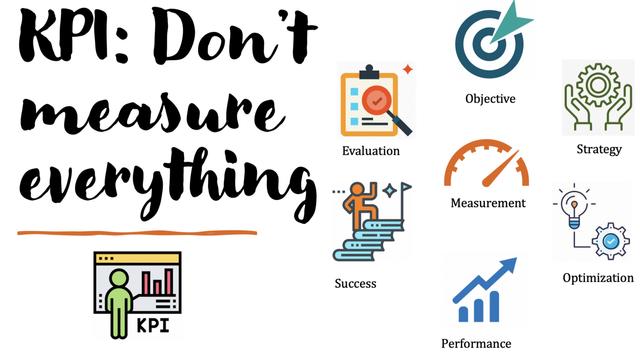Tips to Change Careers Confidently
Changing careers takes confidence and courage. We know this! If you do not feel confident about your career change now, where is the confidence you need going to come from?Confidence is not fixed; it is something you can build and grow as you get better at the things you work on.In other words, being confident isn't something you are. Confidence is something you have. Which means if it is something you have, that means you have acquired it.
About Ideal Careers Coaching Ideal Careers happen by Design.We help high potentials and high performers amplify their career goals with courage and confidence so they can have a seat and a voice at the table.We are privileged to connect with thousands of clients,delivering tailor made career development packages to meet their individual career needs.We pride ourselves in being able to empower every aspect of our clients life. |







Ideal Careers Coaching doesn’t have reviews yet.
Click the button below to leave the first one!
Be the first to post a message!